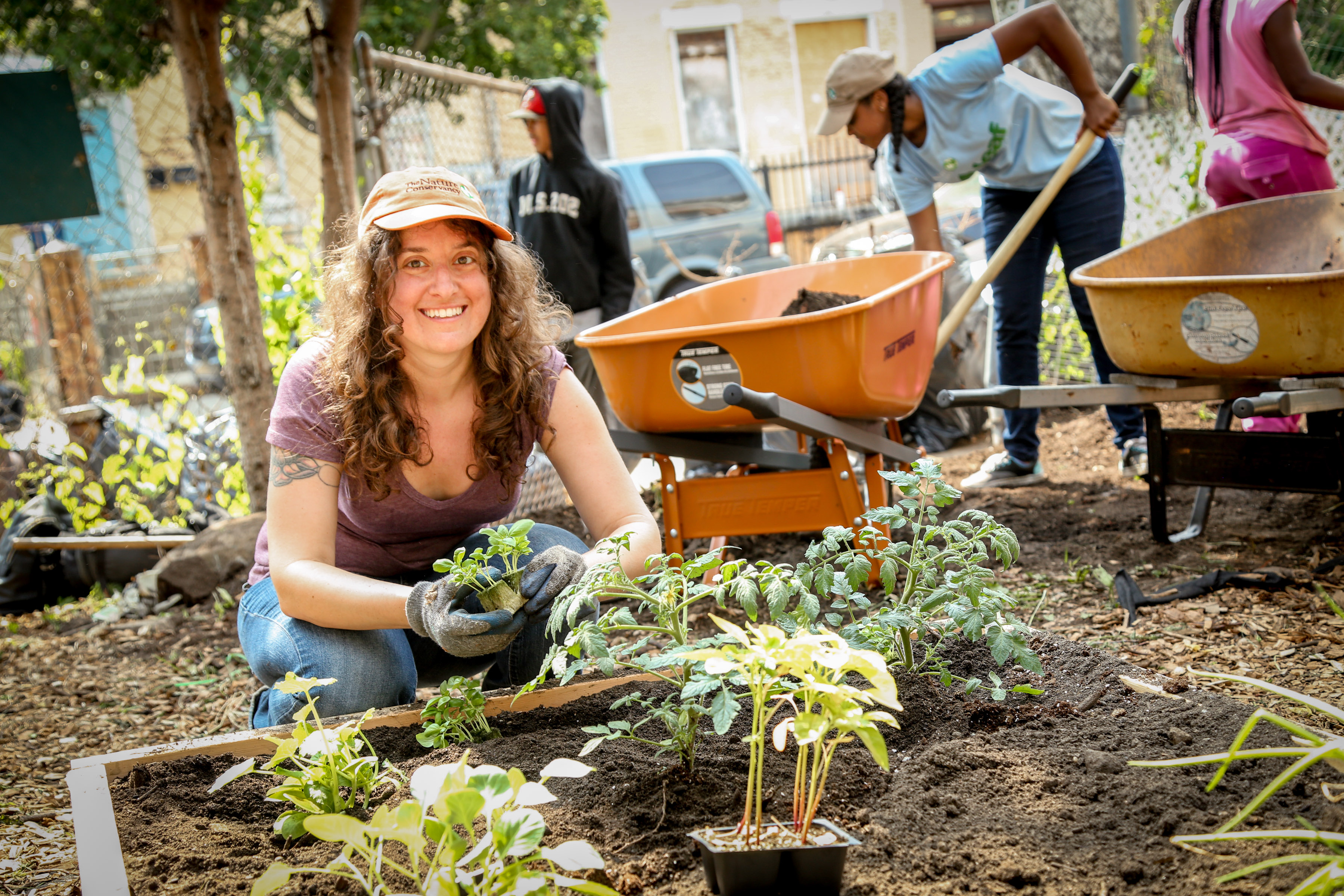Since its inception in 2021, the New York Common Ground Fund has provided support for a wide range of projects designed to advance existing and catalyze new initiatives aimed at enabling greater equity, justice, and sovereignty in the division’s conservation work.
The Fund team uses a highly flexible and collaborative process to select projects advanced by division team members, like the women-led Shinnecock Kelp Farmers, who received support to expand kelp farming to provide an environmentally friendly alternative to conventional fertilizer and uplift employment of Indigenous women, and enable Hunters of Color to expand safe and equitable hunting access for Black, Indigenous, and People of Color.
"I’m hopeful about the communities of support, formal and informal, within The Nature Conservancy that are forming and growing to learn about and address equity, justice and sovereignty. Diverse team members from across the Conservancy are speaking up for the communities they feel a part of, and local partners are telling me that they trust our team, even if they don’t yet trust the larger organization.”
— Emily Nobel Maxwell, Cities Program Director, New York
-
The Common Ground Fund centers equity, justice, and sovereignty. My training and practice are in environmental justice, which I pursued as I grew up in Philadelphia where environmental programs were few, and racial and economic divides were high. It struck me early in my life that clean air, clean water, and a healthy environment should be fundamental rights for all.
Being Jewish, I also experienced bias from an early age, and saw the experience of family members affected by the holocaust. This inspired me to see it as my responsibility to talk about the hard things that people experience due to hate, prejudice, and bias; to listen to and uplift the experiences of other marginalized groups; and to work daily to address these things systematically.
-
The New York Common Ground Fund is taking a step toward being more accountable while providing learning opportunities to increase this over time. The fund itself intentionally utilizes unrestricted funding to make the commitment to this work from our core, as opposed to saying we will only do this work if it comes with restricted funding.
This practice shows a true organizational commitment and maximizes the flexibility we can provide funded projects. We also provide significant guidance for internal project sponsors to identify and avoid common pitfalls encountered by white-dominant organizations, along with suggested remedies and open discussions to hold ourselves accountable to this guidance. Further, we collaborated extensively to develop the application process, and now are in a generative feedback gathering stage to inform potential future funding. Process and outcomes both must center equity, justice, and sovereignty if we are to achieve meaningful accountability.
-
What makes me hopeful is when issues of systemic injustice are identified and when we understand that working to right them is a long-term endeavor that requires learning and action now. I’m hopeful about the communities of support, formal and informal, within our organization that are forming and growing to learn about and address equity, justice and sovereignty. Diverse team members are speaking up for the communities they feel a part of, and some local partners are telling me that they trust our team, even if they don’t yet trust the larger organization. Teammates are speaking up, being allies, practicing being active bystanders, and not letting things go when there have been harms.
Increasingly, research and data that show extreme divides and injustices in all aspects of the mainstream environmental field from philanthropy to conservation is more accepted today than it was 20 years ago. Importantly, lived experience is also more recognized as credible and meaningful. What makes me hopeful is that so many others know so much more than me or any one person, and how much we can learn from each other.
-
Partnerships with local community partners that rely on and uplift frameworks for just collaboration like the Jemez Principles of Democratic Organizing and truly implement them can be inspiring and grounding.

